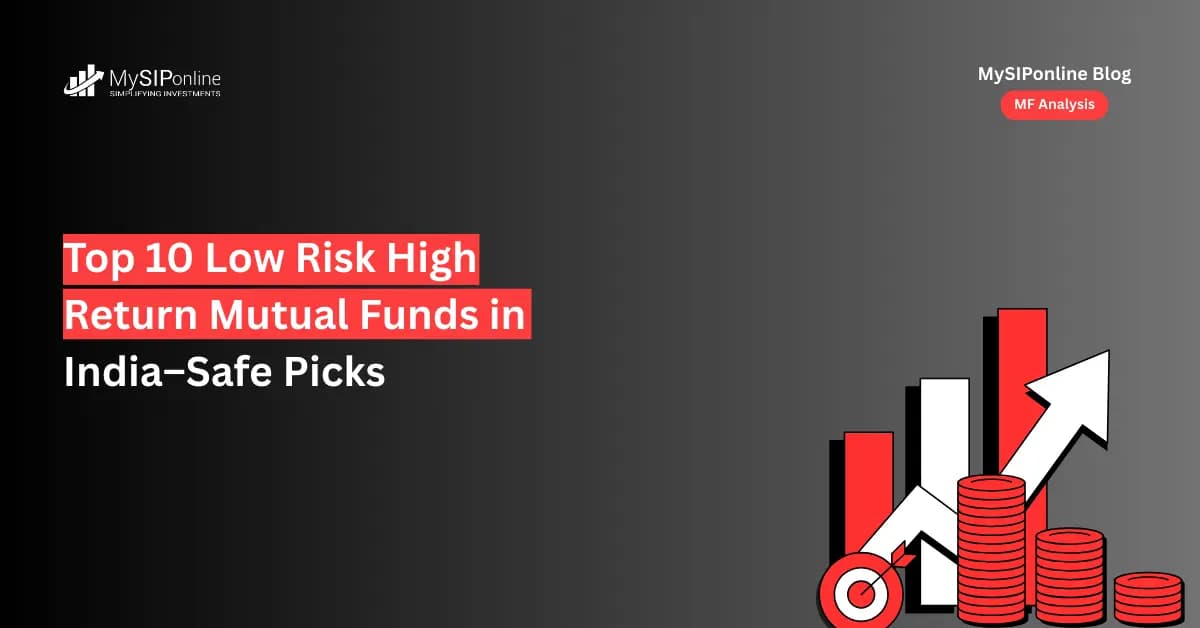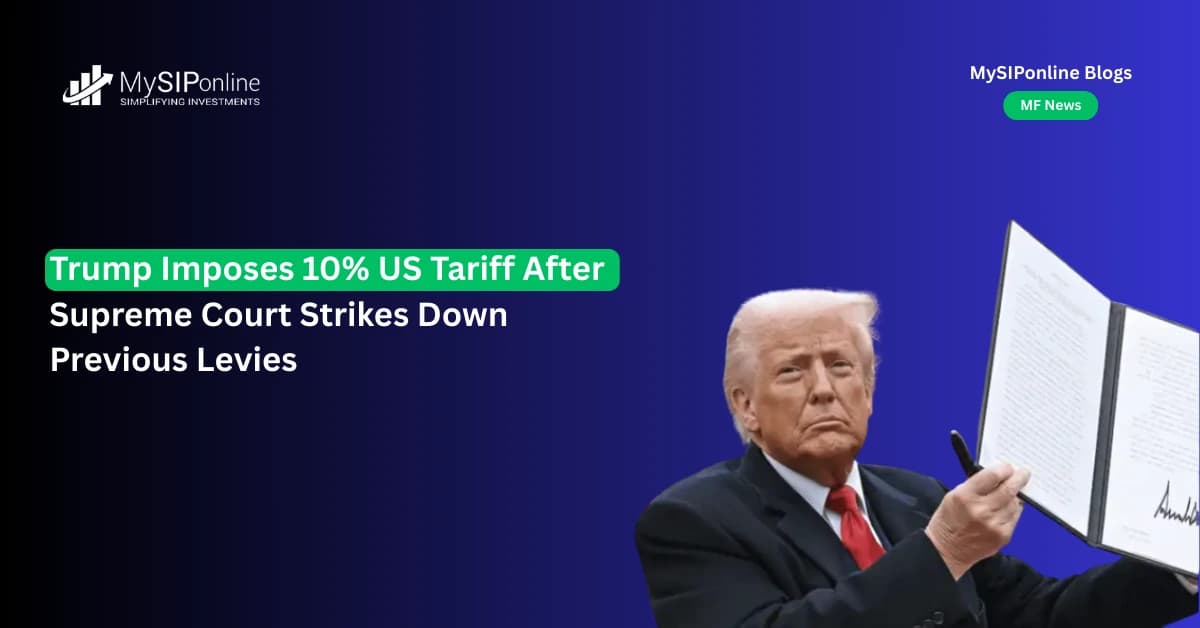The announcement of Budget 2018 started with a fuss, especially with the declaration of LTCG tax. The big introduced move proved to be a significant amendment which impacted not only the retail investors but also the foreign ones. Some even believed that the government had jolted stock market’s golden goose with the proposal of the tax on LT capital gains.
On the contrary, a few days after the Budget speech, some experts consider re-introduction of long-term capital gains tax to be a blessing in disguise and not a big shock.
What is MySIPonline’s take on the situation? Learn by going through the post to the end! Also, find out some easy tips on how you can further reduce the impact of this additional compliance.
Let’s understand the real story first-
The proposal to tax on LT capital gains has deeply hurt the sentiments of all. To be very straightforward, nobody likes how taxman takes away a significant amount from our earnings as well as gains, irrespective of our status.
But one must understand that there is a rationale behind reintroducing this tax. Considering the statistics, more than 70 percent of the wealth that was generated last year went straight to the 1% most affluent population of the country. Besides, the poorest half, i.e., 67 crore Indians experience an increase of merely 1 percent in their wealth. Such alarming figures might have played an essential role in the reestablishment of the tax.
It has shaken the stock market to an extent, though it is a welcome move nevertheless. Go through the points below to comprehend the situation clearly:
First:
We all know that investment instruments are taxed, and same is with the short-term gains, i.e., by 15%; however the gains from holding capital for long are not, thus it is possible that this new tax levy corrects the prevailing imbalance on the market instruments.
Second:
There are many other countries than India that have this Tax. It is not a new thing as it was already in the system till 2004. However, these days, people take into account the tax implication before making any investment. For them, it is just their returns which have fallen about 10% with this tax introduction. They are unable to see that in India there are fewer avenue sources than equity market which can offer such high returns despite the tax levy.
Third:
People don’t mind paying approx 10-30 percent tax on Fixed Deposits that generate not more than 6.5 percent returns, though they are unable to digest the tax imposition on instruments that offer superior returns. It is indeed ironical!
What Can be Done to Reduce the Impact of LTCG Gains?
Being an investor, it is hard to forget the effect of LTCG tax on our individual budgets. However, merely instilling some easy methods can help you soften the blow that it has brought.
- Avoid Frequent Buying and Selling
It's not the time to be aggressive while taking either buying or selling decisions. When directly investing, you can prefer selecting the all-seasons stocks that can stand the test of time as long as you hold them. This will provide an upsurge in your returns eventually. - Take the Path of Mutual Fund Investments
The better and more efficient path of investing could be via mutual fund instead of direct investment in stocks. You can get the same amount of returns without getting to sell or buy so frequently. Besides, the trading will be done in the portfolio by the fund manager itself. This implies, there will be no taxable event until the time you are holding on to the fund.
Mutual Fund Investments and LTCG Tax:
In a report of Times of India post Budget 2018, it is clearly stated that despite the re-introduction of the LTCG tax, equity-oriented mutual funds remained a star player concerning investments. The reason is that they have way much potential in generating returns than any other equity-related savings schemes available in the market. Equity funds had a CAGR of 35.59%, 13.09%, and 17.64% in one, three and five years as for December 2017. So, considering the returns, this category of funds still attracts the lowest rate of tax, mean that the asset class will continue to see good flows.
Last but not least, you must acknowledge the fact that at least this implication of LTCG tax was well thought out, and it was not introduced to create any disruptive impact. We believe that over a period of time this incidence will also be taken in stride and normal life will continue as far as equities are concerned. 10 percent is a modest figure, and grandfathering earlier profits is a relief too. It is not a big negative; being a prudent investor, you too should eventually digest it.
For more such informative updates, stay tuned with us at MySIPonline. We provide the best online investment services and also recommendations on mutual funds. Simply connect with us and wave goodbye to all your finance-related woes.




.webp&w=3840&q=75)






